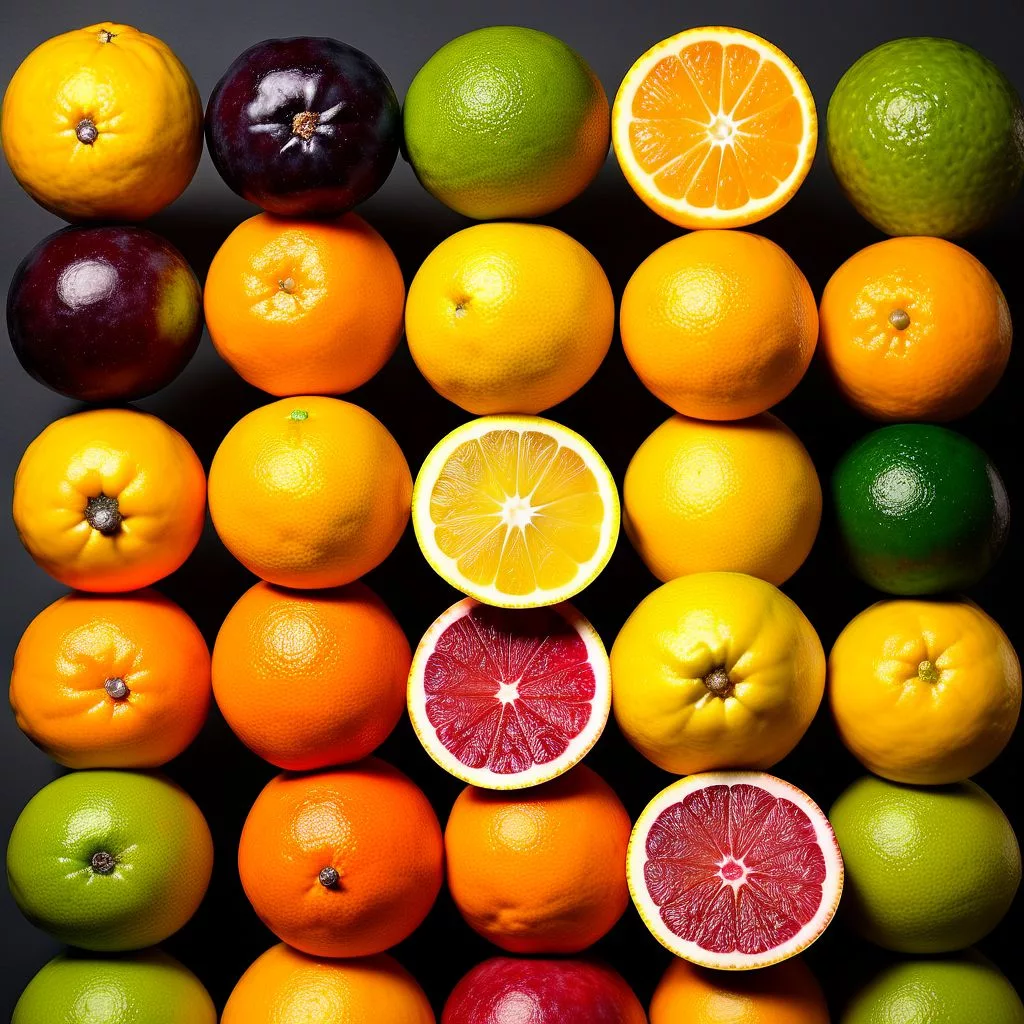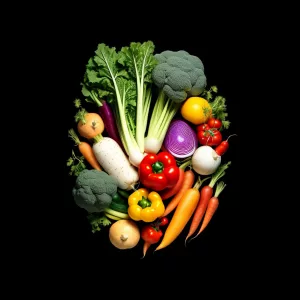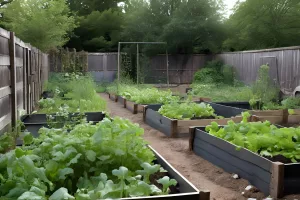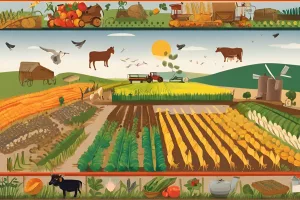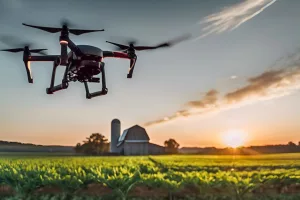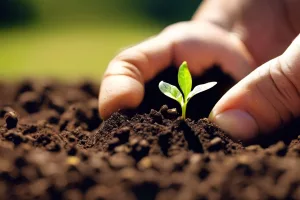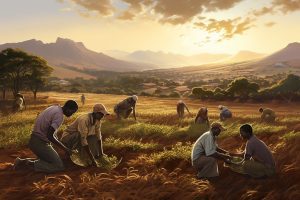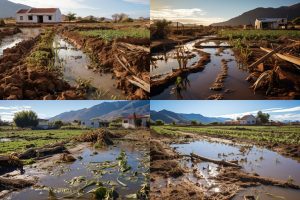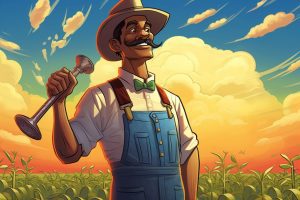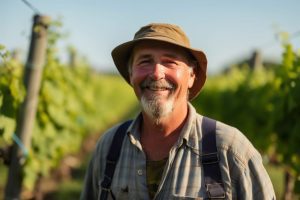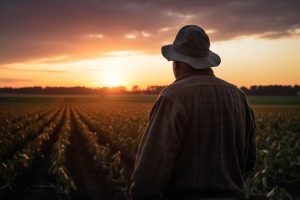South Africa’s farms are thriving, bursting with delicious exports like citrus fruits, avocados, and wine. Japan is opening its doors to these highquality goods, creating exciting chances for South African farmers. With a growing love for healthy foods, Japanese shoppers are eager for topnotch avocados and fresh citrus. However, getting these tasty treats to Japan means overcoming strict rules and improving shipping systems. If South Africa can tackle these challenges, it will shine even brighter on the global stage!
South Africa’s kiwifruit industry is blossoming brilliantly! Over the past 25 years, farmers have switched from growing green kiwis to sweeter yellow and red varieties, thanks to the warm, sunny climate. The Kiwi Connection is a key player, driving new ideas and connecting with international markets. They recently held the firstever Kiwifruit Field Day, gathering experts from around the world to celebrate this tasty fruit’s potential. With a focus on exporting, South Africa is ready to share its delicious kiwis with the globe while adapting to what people love to eat!
Botswana’s decision to lift its vegetable import ban is a breath of fresh air for Southern Africa’s farmers and trade. Starting in December 2024, this change opens doors for South African farmers, allowing them to sell 16 types of vegetables in new markets. With this exciting news, smallscale farmers can thrive, reaching more customers and improving their lives. This shift not only boosts local economies but also strengthens the bonds of cooperation and support among African nations, promising a brighter future for all involved.
South African agriculture faces tough challenges, like past unfairness and the low number of black farmers participating. There’s a big need for better roads, skills training, and fair access to markets to help everyone succeed. Agriculture Minister John Steenhuisen aims to create real opportunities for all, focusing on fairness and support for those who have been left out. Some successful projects, like helping smallscale farmers, show that when people work together, they can create bright futures. Overall, the journey of South African farming reflects the country’s struggle for equality and progress.
In Citrusdal, farmers face tough times as floods destroy their crops and cut off their roads. Their once vibrant fields of vegetables have turned into sad reminders of loss. Despite rising food prices and the struggle to find enough to eat, these farmers show incredible strength and teamwork. With a passionate spirit and hope for better harvests, they continue to care for their land, dreaming of brighter days ahead. Their story is a powerful reminder of resilience and the deep connection between people and nature.
The Land Bank is an important institution in South Africa’s economy, contributing to the agricultural industry and promoting inclusivity. It provides affordable financing for both large commercial entities and smallscale predominantly blackowned businesses, breaking down entry barriers. The Bank also plays a key role in stimulating rural economies and creating jobs, accounting for a significant 28% of South Africa’s farming debt. Despite experiencing a decrease in loan portfolio, the Land Bank has shown resilience and received fiscal support from the Ministry of Finance, aiming for sustained growth and development in the future.
The authorization of the Western Cape Department of Agriculture by the South African Civil Aviation Authority for its drone operations marks a significant step forward in the farming industry. The Unmanned Aircraft Systems Operating Systems Certification confirms the compliance of the department’s drone operations to strict aviation standards. The department’s commitment to technology and innovation is highlighted by its specialized fleet of drones that enable sustainable farming practices and contribute to the region’s economic growth and job creation. The use of drones in agriculture is a promising leap for the industry and sets a motivational model for other regions.
Seed 2 Harvest is an innovative program in Cape Flats, South Africa, that aims to tackle local hunger problems by enabling residents to plant and grow their own food gardens, thus promoting selfsufficiency. The program provides households with comprehensive home starter kits containing everything they require to start their journey towards selfsustainability, provided they meet strict eligibility requirements. The ultimate goal is to generate a surplus of organically grown vegetables, significantly alleviating food insecurity in the community. This initiative is a true testament to the power of community resilience and selfempowerment.
Western Cape’s Agriculture Community: A Grievous Incident and Its Economic Consequences
In a tragic incident, respected farmer Willem van der Westhuizen and his wife Christine were brutally attacked and killed on their farm in Van Rhynsdorp, leaving a lasting impact on Western Cape’s agriculture community. With the local agricultural sector being a crucial economic driver and source of employment, the incident has potential economic implications. The Minister of Agriculture, Dr Ivan Meyer, emphasized the need for consistent vigilance in protecting the farming community and its members. Calls for justice and economic recovery have been made, with law enforcement agencies urged to swiftly capture the perpetrators and promote community safety.
In Marapyane, Mpumalanga, a group of passionate young individuals has established an agricultural cooperative called the Bakgatla Grain Project. The project aims to combat poverty and unemployment in the region by producing grains and vegetables. Founded in 2022, the cooperative has been involved in smallscale farming since 2016, driven by their love for agriculture and the desire to create employment opportunities for underprivileged women and youth.
Smallscale farmers in the Cederberg region of the Western Cape, South Africa, have been relying on their fertile lands to grow crops and sustain their families for many years. However, the recent floods that swept through the area have left behind a trail of devastation. The local agricultural community is struggling to recover from the worst flooding in four decades.
The Eastern Cape Department of Rural Development and Agrarian Reform (DRDAR) has taken a significant step towards empowering women in agriculture by promoting household food gardens. These initiatives spark economic freedom for both farmers and their employees, as evidenced by the success of Nontuthuzelo Mbele from Goso Village in the Alfred Nzo District.
The Western Cape Department of Agriculture is taking steps to address the energy crisis facing the agriculture sector in the region. The recent Energy Summit held in Rawsonville brought together various stakeholders, including farmers, energy experts, and officials, to find innovative solutions to the challenge.
As the 2023 winter season progresses, South Africa’s agricultural sector is experiencing a mix of thriving crops and livestock in most areas. However, some regions, including the Western Cape, Northern Cape, and Eastern Cape, continue to experience dry conditions. Despite this, most provinces’ significant dam levels remain high, thanks to the country’s dynamic weather patterns and diligent resource conservation efforts.
Dr. Ivan Meyer, Western Cape Provincial Minister of Agriculture, addressed the Olynfenboschkraal Farmers’ Association in Citrusdal, outlining his priorities and concerns for the region’s agricultural sector. The Western Cape Government has emphasized research, education, farmer support, rural safety, market access, and climate crisis management, aligning with their focus on jobs, safety, dignity, and wellbeing.
Premier Alan Winde, a proactive leader, is taking vital steps to reinforce the agricultural sector in the Western Cape. With a longstanding reputation for agricultural excellence, the Western Cape has shown remarkable resilience, particularly during the Covid19 pandemic. Premier Winde’s upcoming meeting with stakeholders in the agricultural industry is a significant move towards securing the sector’s future and strengthening international trade relations.

